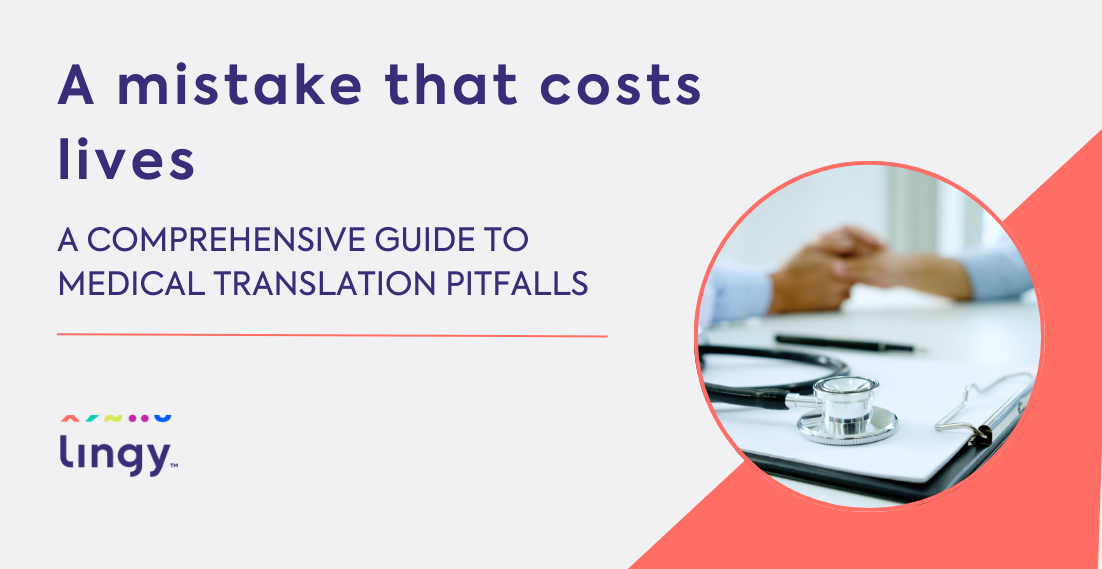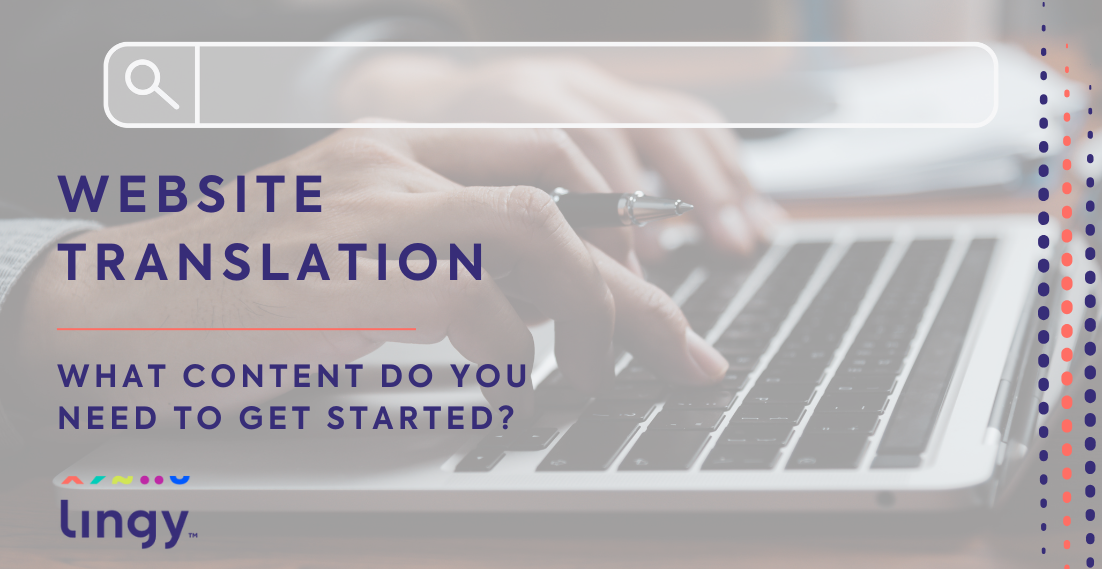Translation memory – why should all companies have one?

Do you outsource a lot of content to be translated? Perhaps your employees prepare translations and your documents include plenty of terminology characteristic for your industry? If the above sounds familiar, here’s another question: Does your company have its own translation memories? If you answered no, this article is for you. Let us explain and try to convince you why it’s worth considering a translation memory.
What is translation memory?
First, let’s start with a definition. Translation memory (TM) is a file or collection of files containing at least two language versions of given text. This means that if a translation from English to Polish is prepared, files are created where ready translations of particular sentences are stored.
What does it mean that they are created? The document has to be translated using a CAT tool (computer-assisted translation), which is special software for translation. Find out more about such applications here: CAT tools – what are they and why is it worth using them?.
Each single translated unit leaves a trace in the CAT software in the form of translation memory files. This is not some unnecessary archive, growing as you translate, which you access once in a blue moon. Instead, it is a great tool that optimises your work. Why? Let us explain.
Advantages of a translation memory
First of all, it involves development of a term base. Terms are words with specific meaning, characteristic of a given industry (e.g. glacial abrasion, mitochondrion), which should be always translated in the same way (instead of using synonyms). If sentences contain given terminology, they will be saved in the translation memory. Their translations will be suggested automatically with each similar text translated regarding a specific field.
Secondly, a translation memory is a saviour when it comes to similar content, for instance translations of documents or certified translations. Think about such texts as a notarial deed, vehicle registration certificate or death certificate. What changes in them? Personal data, date and place, and possibly, any detailed information specific for a given case. The other content such as confidentiality clauses, courtesies, references to certain legal acts usually remain unchanged.
Translation of one of the above documents made from scratch each time could be burdensome and time-consuming (unless the translator memorised the repeating phrases and sentences). This is where translation memory comes in handy. If you have already translated similar texts (this is important – translation memory for legal content will not work for technical specifications, for instance), and the content is repeatable, the software will automatically change them into ready translation that is saved in the database. It is worth remembering that the bigger the translation memory, the more matches and bigger time savings it will generate.
Disadvantages of a translation memory
In order to keep a balance, it seems that we should write about the flaws of a TM… But it is hard to find them.
Maybe besides the fact that such a database has to be created and updated with new translations on an on-going basis. It is also worth remembering to archive it (back-up copy) and describing TM files. Proper order is required especially when there are many TM files and you have to describe their area of translation.
What does translation memory mean to a translator?
Optimisation. A translator can prepare their work faster when some of it has already been performed.
But this is not all. Thanks to translation memory, the quality will also improve. With several translation options, the translator can choose the best one or add a new one that matches the source text best.
What does translation memory mean to your company?
We intentionally described a translator’s perspective first so that you can see how it is possible to increase effectiveness of activities at your company, thanks to optimisation of the translator’s work.
We hope that reaching this point of the article convinced you that it is worth considering a translation memory for translating documents regarding your brand. If you want to find out how to organise the above, i.e. hire your own translators or outsource translation services, please refer to the following article: Should translation be done internally at a company or should it be outsourced? Which solution is better? Regardless of the solution you choose, it is worth ensuring that translation memories stay at your company and are updated on an on-going basis.
You already know that your own translation memory will ensure faster and more effective work. What else?
It will also ensure better translation quality and elimination of terminology errors. The narrower your specialisation, the smaller the number of experts. Knowledge of jargon which is specific language of a given professional group is another aspect. In this case, you know best which terminology will be suitable for your industry. Thanks to a company-owned translation memory, which will include such phrases, you will avoid errors that can be committed by a person who is not familiar with your environment.
Translation memory will also ensure consistency of the style, which is very important specifically in communication with customers. Your recipients are used to the method in which you address them, the language in which you communicate with them. If content that requires translation sounds different each time, if will not have a positive impact on trust in a brand. Due to the fact that entire sentences are stored in TM files, the stylistic layer of subsequent texts should remain consistent.
The more business content you translate, the bigger the reason for implementing a translation policy within the company. Your own translation memory is an important component in this process that you should not neglect.
Looking for a translation memory?
A mistake that costs lives – a comprehensive guide to medical translation pitfalls
Medical translation errors can be fatal. Discover the most common pitfalls, from “false friends” to unit conversions, and learn how professional translation ensures safety.
Why website localization is the key to success in foreign markets?
Find out why website localization (and not just translation) is crucial for B2B success in foreign markets. Discover 5 benefits for your business.
Website translation – what content do you need to get started?
Let’s see how to approach website translation strategically and decide which content is essential at the start.
Christmas Sale and Google Ads Campaign – How Marketing Translation Boosts Your Holiday Advertising
The Christmas season is a peak period for every marketing team and marketer. From e-commerce stores to service providers, everyone competes for the attention of shoppers ready to spend. A well-planned Google Ads campaign can make or break your holiday sales. But even the most creative advertising copy will fall flat if your message isn’t […]



